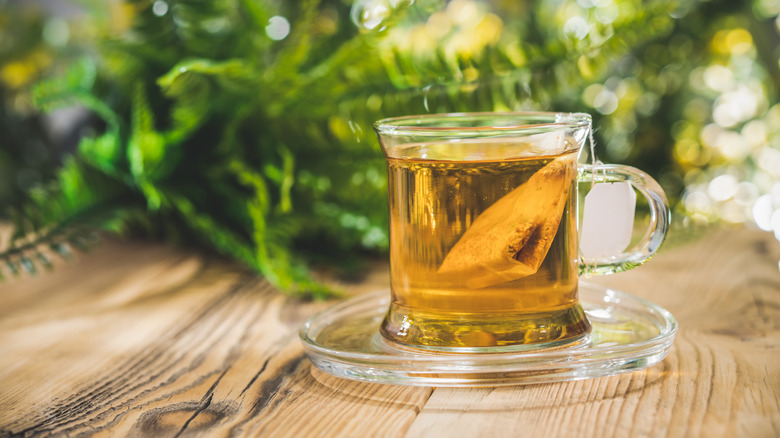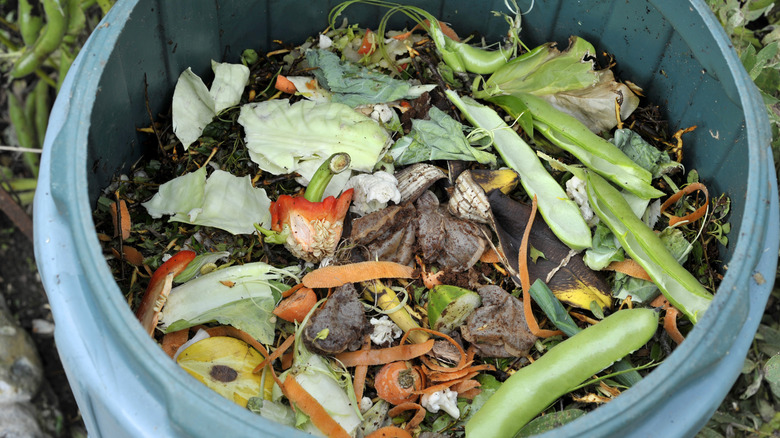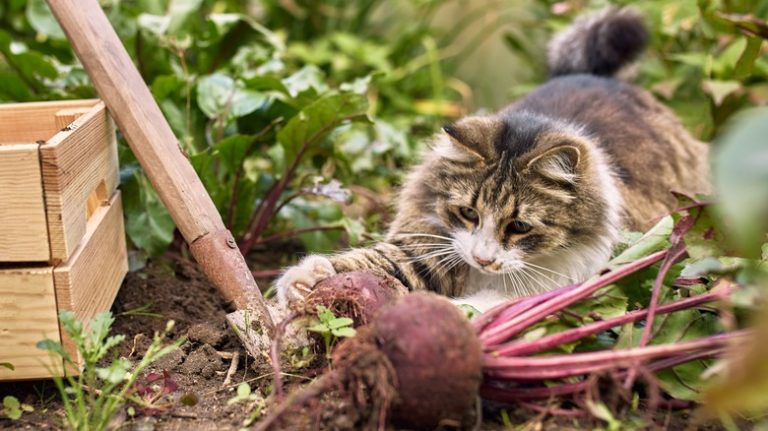With their characteristic red bracts, poinsettias (Euphorbia pulcherrima) have become synonymous with the holiday season. The lush foliage turns from deep green to red as the days get shorter, with clusters of small, yellow flowers appearing during December and January. Although these attractive plants are most commonly enjoyed over Christmas, with the proper care, they can be kept alive long after the festivities are over. To keep your poinsettia alive throughout the year, some believe that watering the plants with green tea can be beneficial. But is this liquid really the best fertilizer for your poinsettia?
While there is some anecdotal evidence that this beverage can enhance the growth of poinsettias due to its purported nutrient content and acidity, research suggests otherwise. Although it is unlikely to cause harm to your houseplant, the true benefits of this pantry product are disputed. Overall, it’s probably not as beneficial as you might have heard. We’ll take a look at some of the myths surrounding using green tea as a liquid fertilizer and explore how green tea bags can still be utilized when making your own DIY compost to benefit these popular houseplants.
What are the claimed benefits of green tea?

Green tea contains a small amount of nitrogen, a vital nutrient that promotes the overall vigor of plants. Nitrogen aids in the development of lush, green foliage — a key characteristic of healthy poinsettias. However, green tea only contains a small quantity of around 3% nitrogen, providing minimal benefits to the plant. Therefore, it should not be used as a substitute for a sound fertilizing schedule.
Some claims suggest that green tea may help to lower soil pH, creating the slightly-acidic environment that poinsettias love. However, while black tea is mildly-acidic, green tea generally has a neutral pH and will have little effect on the soil when applied as a liquid feed. It is also important to note that, although poinsettias prefer slightly-acidic soil with an optimal pH of 5.8 to 6.3, they are tolerant to a range of pH levels. Therefore, instead of watering with green tea, an all-purpose potting mix with added peat moss should meet the slight acidity requirements of your poinsettia.
Can green tea be incorporated into a poinsettia care routine?

Although green tea has minimal benefits as a natural plant feed, it may be worth adding green tea bags to your DIY compost. Tea bags increase the microbial activity in the compost, enhancing soil structure and its ability to retain nutrients. In this case, the small amount of nitrogen in your green tea will feed the soil organisms as they decompose the organic waste. In fact, a 2024 study published by Ecology Environment and Conservation found that green tea dust waste, when mixed with vermi-compost and bagasse, was effective at improving soil and promoting plant growth. Like many tropical houseplants, poinsettias prefer soil that is both well-draining and water-retentive — so adding rich compost to the soil when repotting your plants in the spring is a great option to keep them healthy.
However, consider that while compost enhances soil structure and nutrient retention, it is not a potent nutrient source on its own. To provide an all-important nutritional boost to your poinsettia, apply a balanced, liquid fertilizer about once a month throughout the growing season. Further, also maintain a consistent care routine that provides moist soil conditions and steady temperatures to make sure your poinsettia survives all year and stays looking its best.



